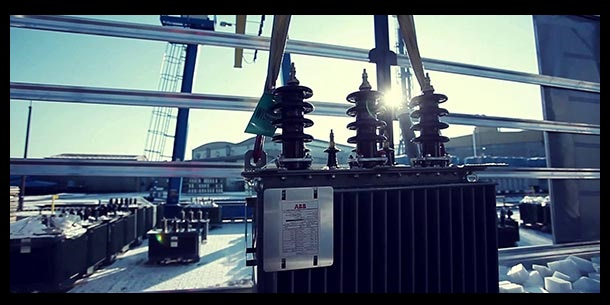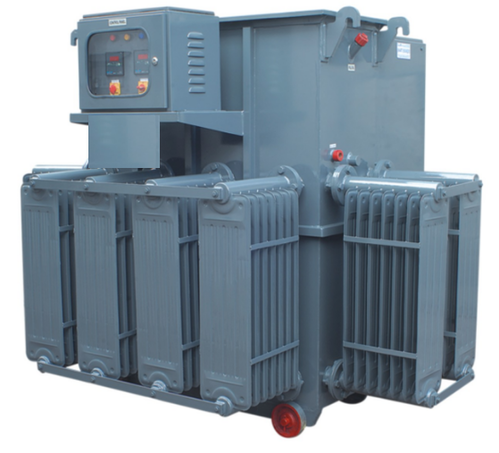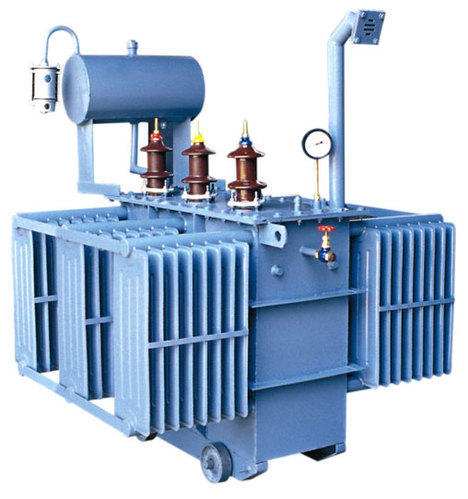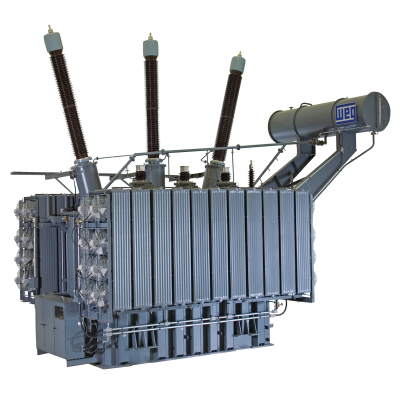About Us
M/s C and I Calibrations Pvt. Ltd, is a NABL Accredited Calibration and Testing Laboratory. The prime aim of this unit is to provide solution in managing calibration and Testing looking to the needs of the various industries in this region govt. organizations and private sectors.
CICPL JAIPUR OFFICE
- J-448, Sitapura Industrial Area, Jaipur-302022 (Raj.) India
- +918003095304 / 91-8003095302
- infocicpl@gmail.com
- Mon - Sat: 9:00 am - 6:00 pm

Flux Density and Over Fluxing :-
As per present day transformer design practice, the peak rated value of the flux density is kept about 1.7 to 1.8 Tesla, while the saturation flux density of CRGD steel sheet of core of transformer is of the order of 1.9 to 2 Tesla which corresponds to about 1.1 times the rated value. If during operation, an electrical power transformer is subjected to carry rather swallow more than above mentioned flux density as per its design limitations, the transformer is said to have faced over fluxing problem and consequent bad effects towards its operation and life. Depending upon the design and saturation flux densities and the thermal time constants of the heated component parts, a transformer has some over excitation capacity. I.S. specification for electrical power transformer does not stipulate the short time permissible over excitation, though in a round about way it does indicate that the maximum over fluxing in transformer shall not exceed 110%.

The flux density in a transformer can be expressed by the magnetic flux density is, therefore, proportional to the quotient of voltage and frequency (V/f). Over fluxing can, therefore, occur either due to increase in voltage or decrease in-frequency of both. The probability of over fluxing is relatively high in step-up transformers in Power stations compared to step down transformers in Sub-Stations, where voltage and frequency usually remain constant. However, under very abnormal system condition, over-fluxing trouble can arise in step-down substation transformers as well. the over fluxing relays are so adjusted, that for every transient over flux condition the transformer does not trip for maintaining the power system stability. But till it should trip as soon as the duration and severity of the condition crosses the specified safe limit.
Our Power and Distribution Transformer Test Laboratory is NABL Accredited & BIS Recognized Laboratory.
Our lab is well equipped, meeting National/ International Standards and accredited by NABL (National Accreditation Board for Testing & Calibration Laboratories) under Dept. of Science & Technology (DST), Govt. of India, New Delhi
What Is Included
We have included 4 business. These business are below:
Transformer Testing Laboratory
We have NABL Accredited & BIS Recognized Power & Distribution Transformer Test Lab. Transformer Tests – As per Is: 1180/ IS: 2026. are Routine Test, Type Test, special Test, Other Test, Lightning Impulse Test on Insulator, Bushing, Current Transformer and Potential Transformer.
CI Proficiency Training Provider
The CIPTPL provides dedicated and quality Proficiency Testing Services to its participants. CIPTPL has set up management systems based on ISO/IEC 17043 for this purpose and continually improves upon the effectiveness of the system based on the experience gained in the process.
World Precious Calibration Laboratory
C and I Calibrations Private Limited was established in 1995.C&I is having State of the art NABL Calibration Accredited Laboratories at Kota and Jaipur. We are also having facilities for Mechanical Calibration, Thermal Calibration, Fluid Flow Calibration & Electro-technical calibration.
Building Material Testing Laboratory
C & I Systems is a NABL Accredited Civil Testing Laboratory as per ISO/IEC 17025:2005. Samples are tested here- Soil, Rock, Stone, Water, Steel, Aggregate, Cement, Concrete, CC Cube, Tiles, Brick, Bitumen, Sand, Interlocking Block, Mix Design, Bitumen Mix Design, Chemical and Mechanical Testing Both. etc.
Why Choose This Service
There are no secrets to success. It is the result of preparation, hard work, and learning from failure. So Great things in business are never done by one person. They’re done by a team of people.
Happiness does not come from doing easy work but from the afterglow of satisfaction that comes after the achievement of a difficult task that demanded our best.
“A customer is the most important visitor on our premises. He is not dependent on us. We are dependent on him. He is not an interruption in our work. He is the purpose of it. He is not an outsider in our business. He is part of it. We are not doing him a favor by serving him. He is doing us a favor by giving us an opportunity to do so.”





